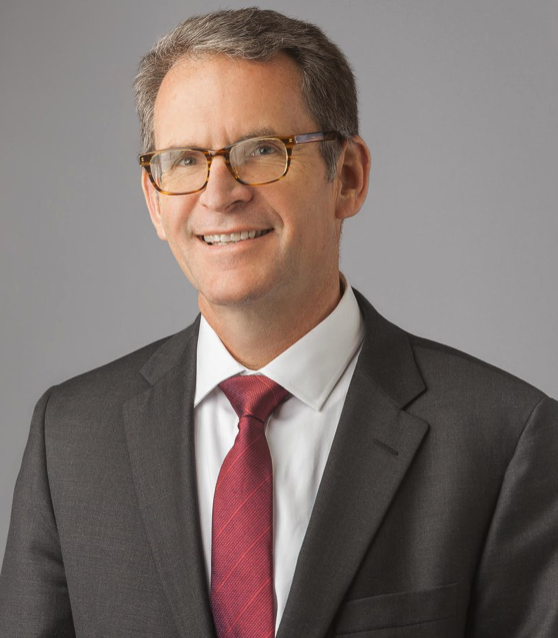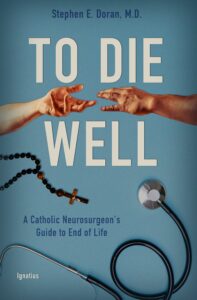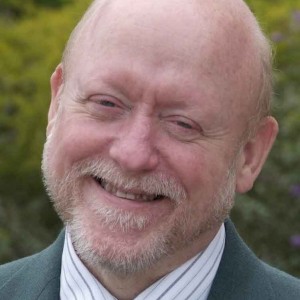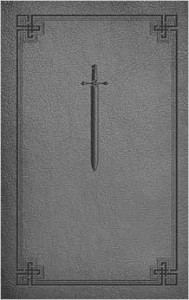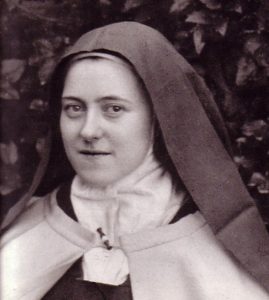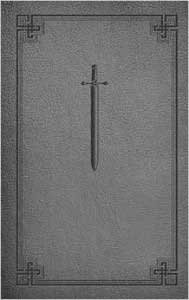Podcast: Play in new window | Download (Duration: 28:23 — 19.6MB) | Embed
Subscribe: Apple Podcasts | Spotify | Amazon Music | Android | Pandora | iHeartRadio | JioSaavn | Podchaser | Gaana | Podcast Index | Email | TuneIn | Deezer | Anghami | RSS | More
“Who Are the Wise Virgins?” – Building a Kingdom of Love with Msgr. John Esseff
Join Msgr. John Esseff as he answers the question: “Who are the wise virgins?” in this exploration of the Gospel of Matthew 25:1-13.
Gospel MT 25:1-13
“The kingdom of heaven will be like ten virgins
who took their lamps and went out to meet the bridegroom.
Five of them were foolish and five were wise.
The foolish ones, when taking their lamps,
brought no oil with them,
but the wise brought flasks of oil with their lamps.
Since the bridegroom was long delayed,
they all became drowsy and fell asleep.
‘Behold, the bridegroom! Come out to meet him!’
Then all those virgins got up and trimmed their lamps.
The foolish ones said to the wise,
‘Give us some of your oil,
for our lamps are going out.’
But the wise ones replied,
‘No, for there may not be enough for us and you.
Go instead to the merchants and buy some for yourselves.’
While they went off to buy it,
the bridegroom came
and those who were ready went into the wedding feast with him.
Then the door was locked.
Afterwards the other virgins came and said,
‘Lord, Lord, open the door for us!’
But he said in reply,
‘Amen, I say to you, I do not know you.’
Therefore, stay awake,
for you know neither the day nor the hour.”
Msgr. John A. Esseff is a Roman Catholic priest in the Diocese of Scranton. He was ordained on May 30, 1953, by the late Bishop William J. Hafey, D.D. at St. Peter’s Cathedral in Scranton, PA. Msgr. Esseff served as a retreat director and confessor to St. Mother Teresa. He continues to offer direction and retreats for the Sisters of the Missionaries of Charity. Msgr. Esseff encountered St. Padre Pio, who would become a spiritual father to him. He has lived in areas around the world, serving in the Pontifical Missions, a Catholic organization established by St. Pope John Paul II to bring the Good News to the world especially to the poor. Msgr. Esseff assisted the founders of the Institute for Priestly Formation. He continues to serve as a retreat leader and director to bishops, priests and sisters and seminarians, and other religious leaders around the world.


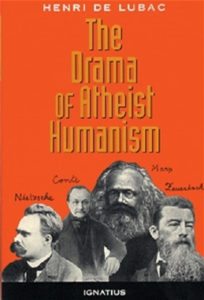 You can find the book
You can find the book 



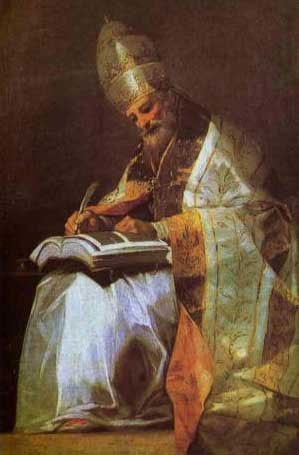 Aware of the historical period in which he lived and of the change that was taking place – from pagan Rome to Christian Rome – in a period of profound crisis, Leo the Great knew how to make himself close to the people and the faithful with his pastoral action and his preaching. He enlivened charity in a Rome tried by famines, an influx of refugees, injustice and poverty. He opposed pagan superstitions and the actions of Manichaean groups. He associated the liturgy with the daily life of Christians: for example, by combining the practice of fasting with charity and almsgiving above all on the occasion of the Quattro tempora, which in the course of the year marked the change of seasons. In particular, Leo the Great taught his faithful – and his words still apply for us today – that the Christian liturgy is not the memory of past events, but the actualization of invisible realities which act in the lives of each one of us. This is what he stressed in a sermon (cf. 64, 1-2) on Easter, to be celebrated in every season of the year “not so much as something of the past as rather an event of the present”. All this fits into a precise project, the Holy Pontiff insisted: just as, in fact, the Creator enlivened with the breath of rational life man formed from the dust of the ground, after the original sin he sent his Son into the world to restore to man his lost dignity and to destroy the dominion of the devil through the new life of grace.
Aware of the historical period in which he lived and of the change that was taking place – from pagan Rome to Christian Rome – in a period of profound crisis, Leo the Great knew how to make himself close to the people and the faithful with his pastoral action and his preaching. He enlivened charity in a Rome tried by famines, an influx of refugees, injustice and poverty. He opposed pagan superstitions and the actions of Manichaean groups. He associated the liturgy with the daily life of Christians: for example, by combining the practice of fasting with charity and almsgiving above all on the occasion of the Quattro tempora, which in the course of the year marked the change of seasons. In particular, Leo the Great taught his faithful – and his words still apply for us today – that the Christian liturgy is not the memory of past events, but the actualization of invisible realities which act in the lives of each one of us. This is what he stressed in a sermon (cf. 64, 1-2) on Easter, to be celebrated in every season of the year “not so much as something of the past as rather an event of the present”. All this fits into a precise project, the Holy Pontiff insisted: just as, in fact, the Creator enlivened with the breath of rational life man formed from the dust of the ground, after the original sin he sent his Son into the world to restore to man his lost dignity and to destroy the dominion of the devil through the new life of grace.